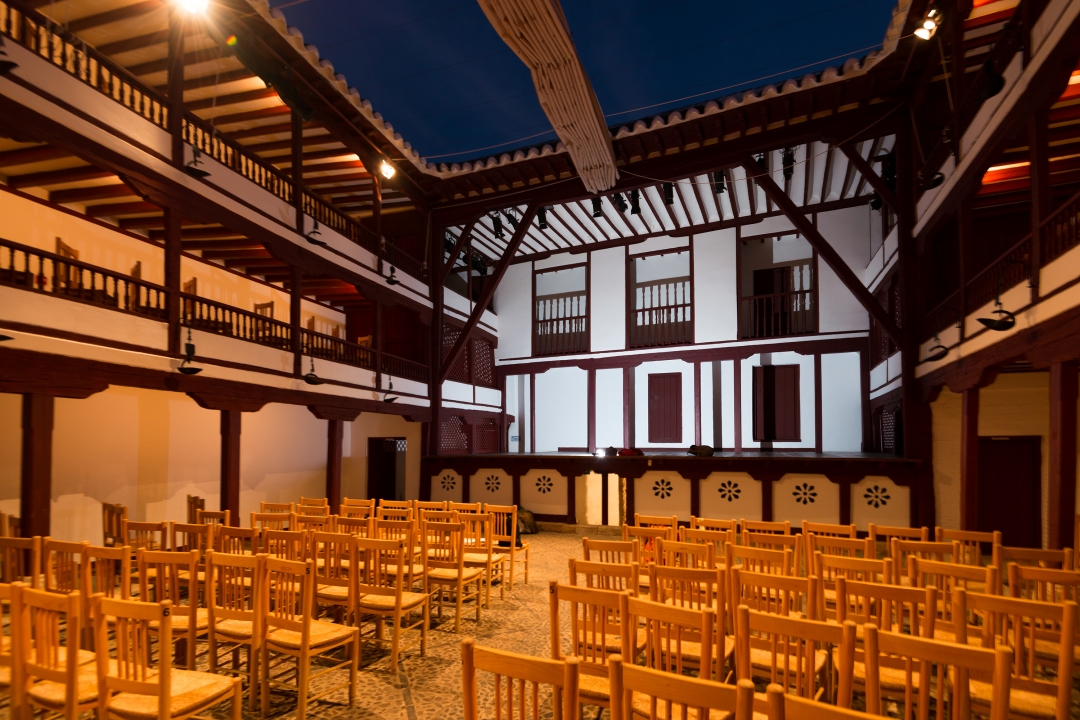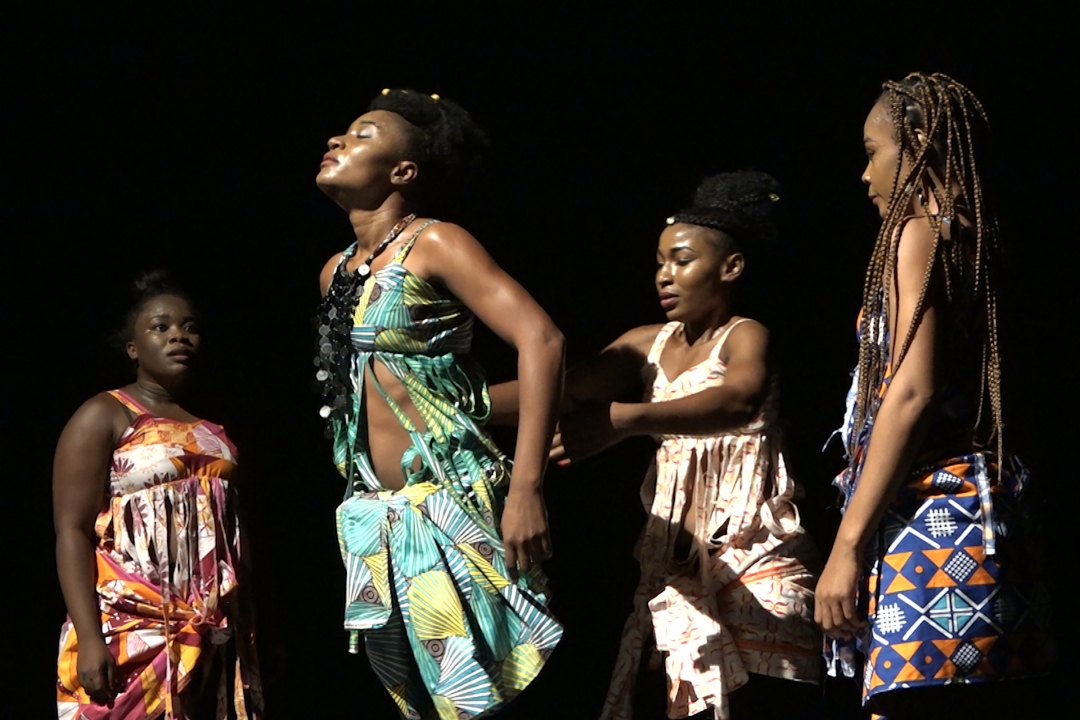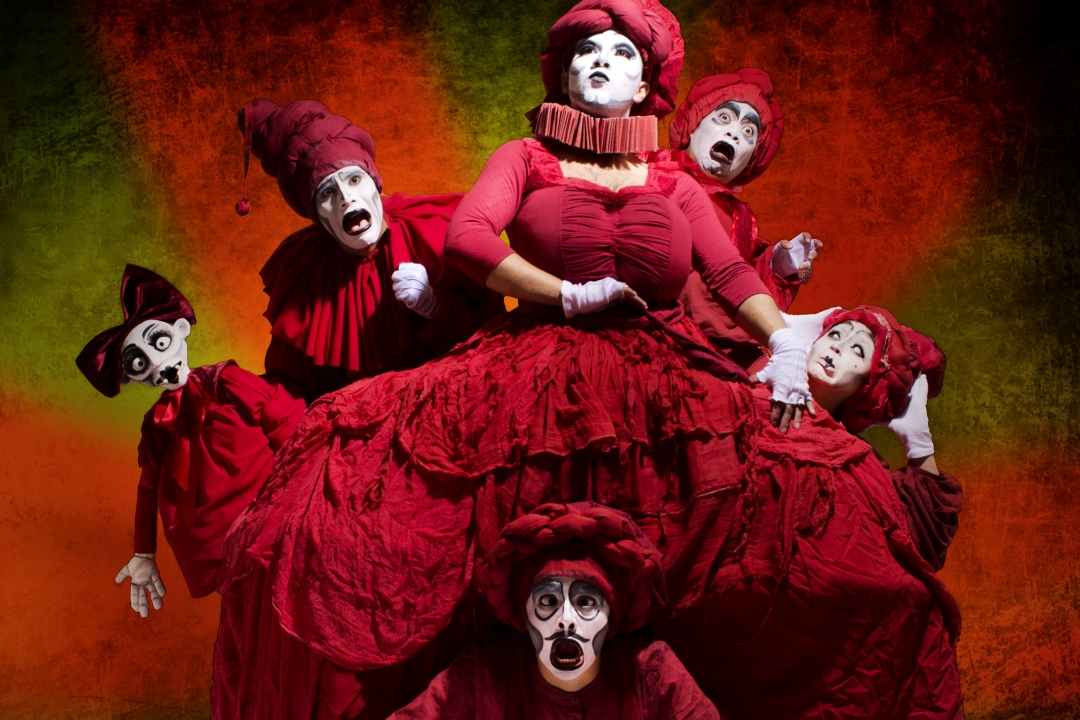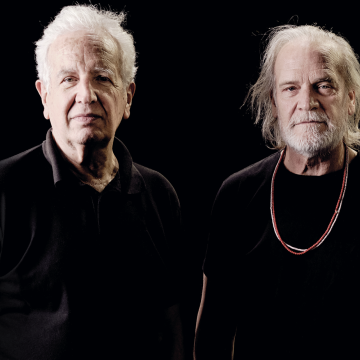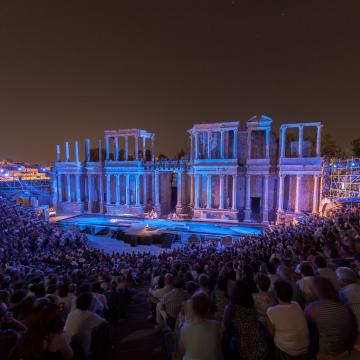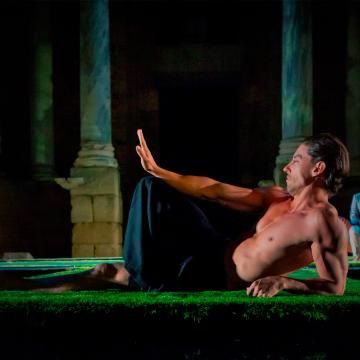Talent for comics and graphic novels is endless in Spain. Paco Roca, Ana Penyas, Paco Sordo, María Medem, Juanjo Guarnido, Teresa Valero… Do you want to get to know some of the best illustrators in the country?
The Spanish Golden Age Shines In An Almagro With A Feminine Accent
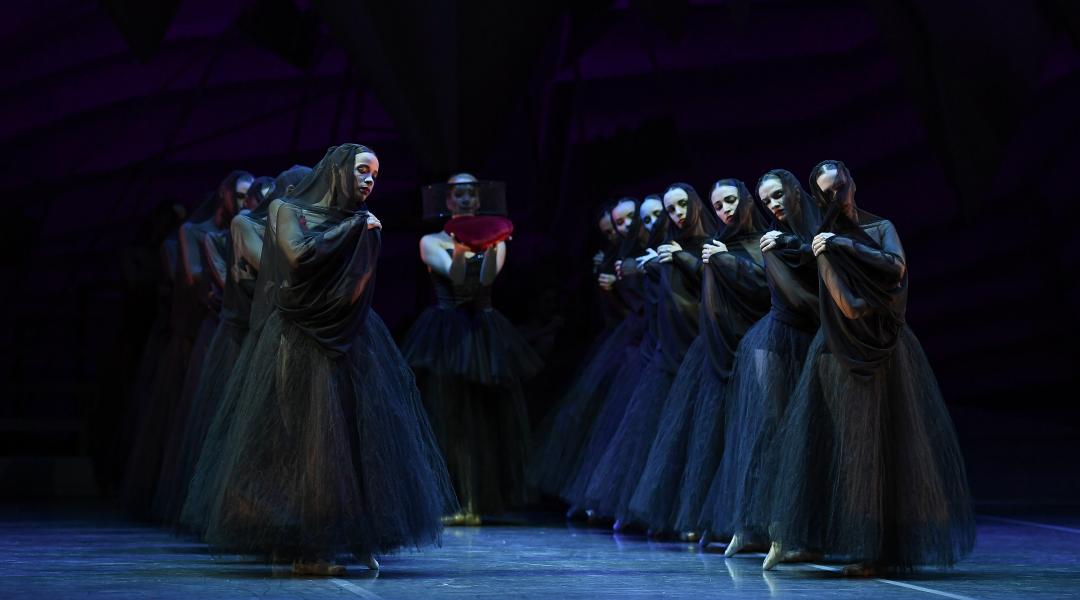
The 42nd edition of the Almagro Classical Theatre Festival (4-28 July) highlights women’s acting talent through a programme revolving around the Spanish Golden Age. Also scheduled are several international plays from Africa, America, Europe, and Asia. Another highlight of this record-breaking edition with 24 premieres in Spain and 23 international premieres is the performance of some of the most outstanding works of Spanish literature.
"Feminist, americanist, inclusive and accessible"—this is the leitmotiv of this year’s edition of one of Spain’s most traditional festivals. Championing gender parity, the programme features the same number of male and female authors from the Spanish Golden Age. But this isn’t the only nod to the transcendental role of women. The support to the female talent of this 42nd edition of the International Classical Theater Festival of Almagro is also clearly appreciated as evidenced by the 24 female directors and the 25 plays by contemporary female playwrights joining the 13 female authors from the Spanish Golden Age.
Adriana Ozores will be awarded the Corral de Comedias Award for her extensive and prolific career
A stellar moment is the delivery of the Corral de Comedias Award at the very beginning of the Almagro festival, which this year goes to highly-renowned Spanish actress Adriana Ozores, well versed in the classics –from Juan Ruiz de Alarcón to Calderón de la Barca and Tirso de Molina—and boasting a prolific career, featuring over 40 films and several TV series. Others famous faces in this edition are Silvia Marsó, Carmen Cortés, and Igor Yebra.
Some of most anticipated plays by lovers of classical theatre are Dos tablas y una passion by Lope De Vega, performed by Rafael Álvarez el Brujo, as well as Blanca Li’s ballet The Silver Quixote, based on the adaptation of the Spanish classic by Uruguayan author Arturo E. Xalambrí. Music will also be present in some plays thanks to Radio Nacional de España’s radio theatre.
The American flavour comes from Mexico, this edition’s guest country. Theatre and dance feature prominently in a programme showcasing a transversal sample of Mexico’s theatre heritage, as well as several plays from Jalisco, Guanajuato, and Guerrero. This will not be the only international presence at La Mancha’s festival. Theatre companies from Ivory Coast, Poland and Estonia will perform celebrated Spanish classical plays, especially from the Golden Age, such as Lope de Vega’s Fuenteovejuna and Calderón’s The Daughter of the Air and The Lady Dwarf.
It is worth mentioning the easy accessibility to some of the programme’s plays for people with reduced mobility, thanks to the collaboration of ONCE (Spain’s organisation for the blind).
Let the (classical) show begin!
